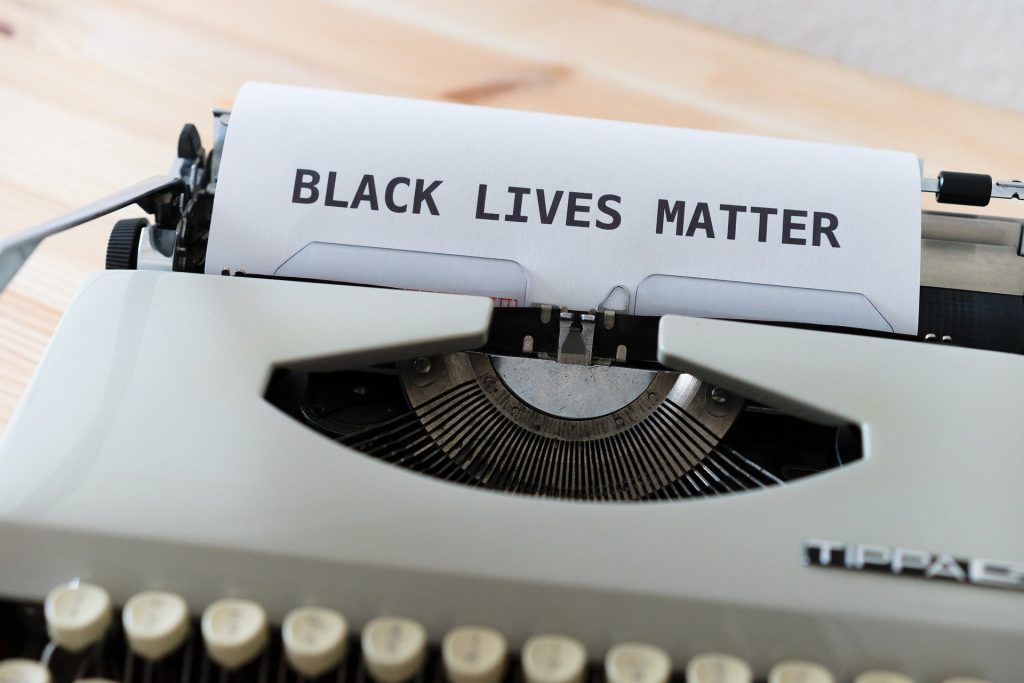Now, amid a national reckoning with entrenched inequality, lawmakers are finally hearing the alarms – and officially declaring racism a public health emergency.
The city councils of Cleveland, Denver and Indianapolis have voted to acknowledge a crisis. Officials in San Bernardino county, California, and Montgomery county, Maryland, have done the same. State representatives in Ohio and Michigan are looking to follow suit.
These declarations are “long overdue”, said Dr Allison Agwu, an infectious disease specialist and associate professor at Johns Hopkins School of Medicine.
As a physician on the frontlines of the coronavirus pandemic, Agwu said she had been amazed at how quickly the medical establishment mobilized to develop diagnostic tests, and produce thousands of research papers seeking a treatment and vaccine.
If the government can commit the same sorts of resources and funds to addressing issues of systemic racism, Agwu said, “That’s a start.”
The stark health disparities in the cities and counties that have declared emergencies have been clear for decades.
In Cleveland, the city where a white officer shot and killed with impunity 12-year-old Tamir Rice, Black infants are nearly three times as likely to die as white infants.
Maternal mortality rates for Black women are two to three times greater compared to white women, and neighborhoods where the majority of residents are Black have the highest rates of lead poisoning.
Medical workers from the DC Nurses Association march in support of Black Lives Matter in Washington.
“Even as an elected official, when I’m driving, when the police drive up behind me – I feel a sense of nervousness that comes over me,” said Basheer Jones, a Cleveland council member who introduced legislation declaring racism a health crisis.
“The trauma of seeing your children, your sons, your daughters, your wives being killed, in living color – that kind of stress … also plays a part in the ailments that affect our bodies.”
In Cleveland, officials introduced the landmark resolution recognizing racism as a health emergency in early March, before the coronavirus pandemic had hit the city, and months before the demonstrators against police brutality took to the streets nationwide. The moment has lent momentum to the effort, Jones said.
“Getting support for this sort of legislation isn’t easy … Now, everybody is on board.”
The language of these resolutions adopted by different cities and counties has varied, but all of them are largely symbolic. They assign new urgency to longstanding issues.
“If you declare something an emergency, you’re also saying it’s imperative to address the problem,” Agwu said.
In San Bernardino, pastor Samuel Casey, one of the community leaders and activists who pushed the county to declare a crisis, said the move is an important first step.
“I fought for this because I was just sick and tired of being sick and tired,” he said.
“In some of our neighborhoods, kids are birthed into the generational trauma of slavery, and they’re traumatized by systemic oppression.”
By focusing on health, activists were able to capture all the racist institutional and social structures that erode the wellbeing of Black and Brown people, Casey explained.

